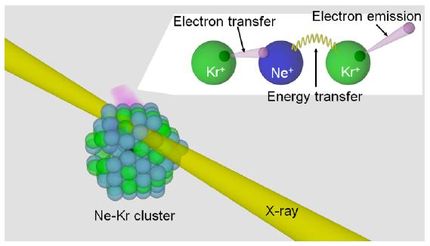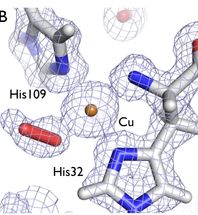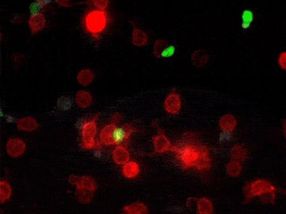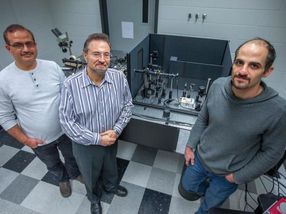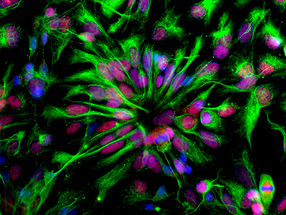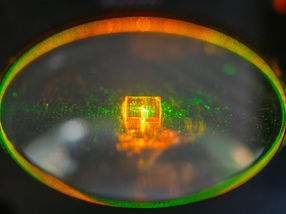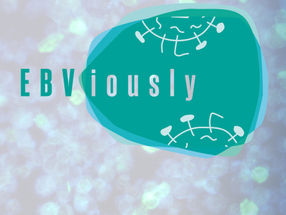You can't teach old materials new tricks
Decades-old challenge has researchers seeking new materials for radiation detection
A more sensitive, more selective and easily deployable radiation detection material is necessary to meet complex 21st century challenges. In the AAAS symposium "Radiation Detectors for Global Security: The Need for Science-Driven Discovery," researchers addressed some of the technical challenges and gaps and proposed a science-driven approach to uncovering novel materials that will benefit national security and medicine.
"Until now, it can be argued that we've approached the challenge in an Edisonian-style; I think it's time to make a drastic change in how we pursue solutions to radiation detection," said Anthony Peurrung, director of the Physical and Chemical Sciences division at Pacific Northwest National Laboratory. "In order for us to make new discoveries, we need to improve our understanding of radiation physics so that we make educated choices about which materials will and will not perform as we need them to, thus working more efficiently toward a solution."
Five primary materials are used for radiation detection, but they all have limitations, such as small size, challenges in manufacturing, poor discrimination of radionuclides and poor sensitivity. For example, single crystalline materials, used as semiconductors or scintillators, generally provide the highest sensitivity and best energy resolution. But, it can take a decade or more to develop high-quality, single crystals that are of sufficient size for use as radiation detectors, and there are a limited number of manufacturing facilities to produce the crystals.
Peurrung leads PNNL's Radiation Detection and Material Discovery Initiative, which is a three-year, $4.5 million research effort aimed at discovering new materials for radionuclide identification, accelerating discovery processes and improving our fundamental understanding of radiation detection.
Most read news
Organizations
Other news from the department science

Get the analytics and lab tech industry in your inbox
By submitting this form you agree that LUMITOS AG will send you the newsletter(s) selected above by email. Your data will not be passed on to third parties. Your data will be stored and processed in accordance with our data protection regulations. LUMITOS may contact you by email for the purpose of advertising or market and opinion surveys. You can revoke your consent at any time without giving reasons to LUMITOS AG, Ernst-Augustin-Str. 2, 12489 Berlin, Germany or by e-mail at revoke@lumitos.com with effect for the future. In addition, each email contains a link to unsubscribe from the corresponding newsletter.
